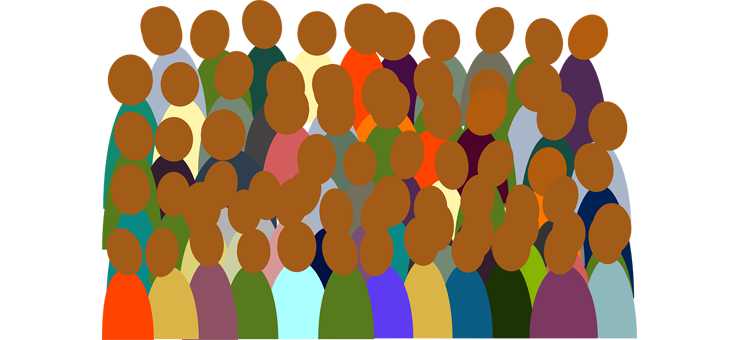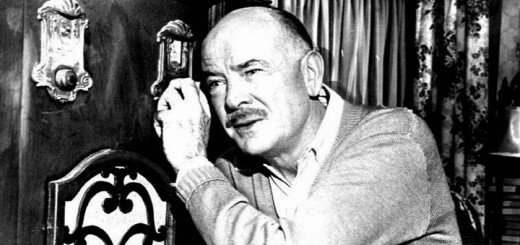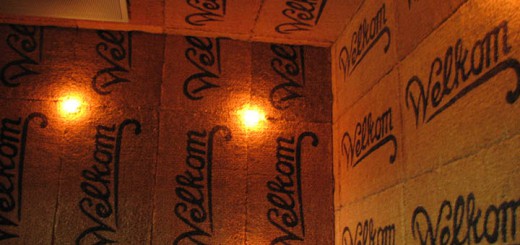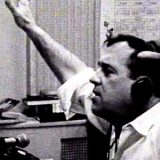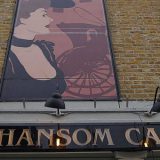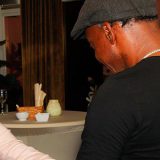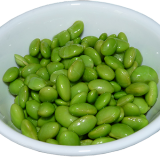Hi—We’re Your Audience And We’d Like To Connect With You
About half way through one of his recent posts, Fred Jacobs opened the door to some interesting podcasting opportunities when he wrote about connecting with an audience from the audience’s point of view.
If you aren’t familiar with Fred, he is one of the leading media analysts in the country. Although he specializes in radio and research, as far as I’m concerned his blog is a must-read for podcasters. Easily 95 percent of what Fred writes about is relevant to us if we take his posts and change “radio” to “podcasting.” (I mean that figuratively. Do it with a word processor and you’ll wind up with some strange paragraphs.)
In this post, Fred turned his attention to the world beyond pie charts and spreadsheets:
When you actually listen to consumers – and don’t just rely on spreadsheets and pie charts – you begin to understand the changing nature of media consumption. And you also get a sense for the human factor that is radio’s true strength. Because as much as consumers enjoy creating and sharing playlists, discovering new bands on Facebook, or reading polling stats on Politico, there’s no substitute for the local personal connection that only radio can provide.
That’s radio and podcasting, Fred.
Fred urged radio station owners to put their staffs on the streets (uh…I mean as part of their jobs, not by replacing live talent with voice tracks) and make eye contact with listeners. That’s one part of making a connection. In Fred’s view, there’s another part:
…the other piece is giving listeners a voice. Because the lesson of the last decade of so-called Reality TV is that consumers want to be heard. In fact, they want to be on the air. Ask anyone who tours your air studio or picks up a prize at the front desk, and you’ll learn that their desire to say “hi” to friends, co-workers, or family members is off the charts.
Okay. Our shows are not live, and they’re international. That’s two strikes against lifting Fred’s advice whole and applying it to what we do. But we’re a creative bunch, so let’s look at some ways of adapting Fred’s radio recommendations to podcasting.
Go Live and Go Long
Every now and again, record your show in public. The technical demands of podcasting are not nearly as complicated as radio. Grab your mics, headphones and a computer and go, go, go. Get out of town if you can. Nothing compares to the live response of listeners and non-listeners to demonstrate how your show is being received. As an added plus, you might make some content and production contacts that will serve you down the road.
Put a Face on Your Show
Get onto YouTube, whether it’s showing you recording your show, providing a behind-the-scenes look at how your show goes together or sharing some ideas that didn’t quite make it into an episode. We can’t make one-on-one eye contact with all our listeners, but we can do the next best thing.
You’re a Host—So Host
Host or MC a few local events. Yes, I know they’re local, but you have to start somewhere. And today, local spreads (thank you social media). I’ve MC’ed street fairs and a beauty contest, and each one led to other jobs that paid more and provided me with increased exposure. Be sure any gig allows you to provide signage or handouts that identify you and your podcast. Shoot video (and record audio) to use on social media (and your podcast). And, tinker with your website so that you can offer event attendees an easy way to sample your show. Provide an no-brainer subscription form and offer something to encourage those subscriptions.
Many local events are dying to get free or low-cost MC help. Ask around. You’ll be surprised at what’s available.
Let ‘Em Say Hi
Live radio may be exciting, but recorded podcasts are safer, so there’s more room to experiment. If you do an event, incorporate it into a future episode. Create opportunities for attendees to participate. The more creative and engaging the participation the better. If things get out of hand remember you always control your editing software’s DELETE key.
I’ve said this before and it deserves repeating. You may never become as popular as a nationally-syndicated radio host, but that’s not the issue. If I can connect with Don Imus or Cousin Bruce Morrow at all that connection will be superficial at best. (Cousin Brucie will thank me for my request and Imus will make me the butt of a joke.) But our smaller and more passionate audiences allow us to form deeper and more meaningful relationships with our listeners.
And isn’t that what radio (and podcasting, Fred) is all about?

